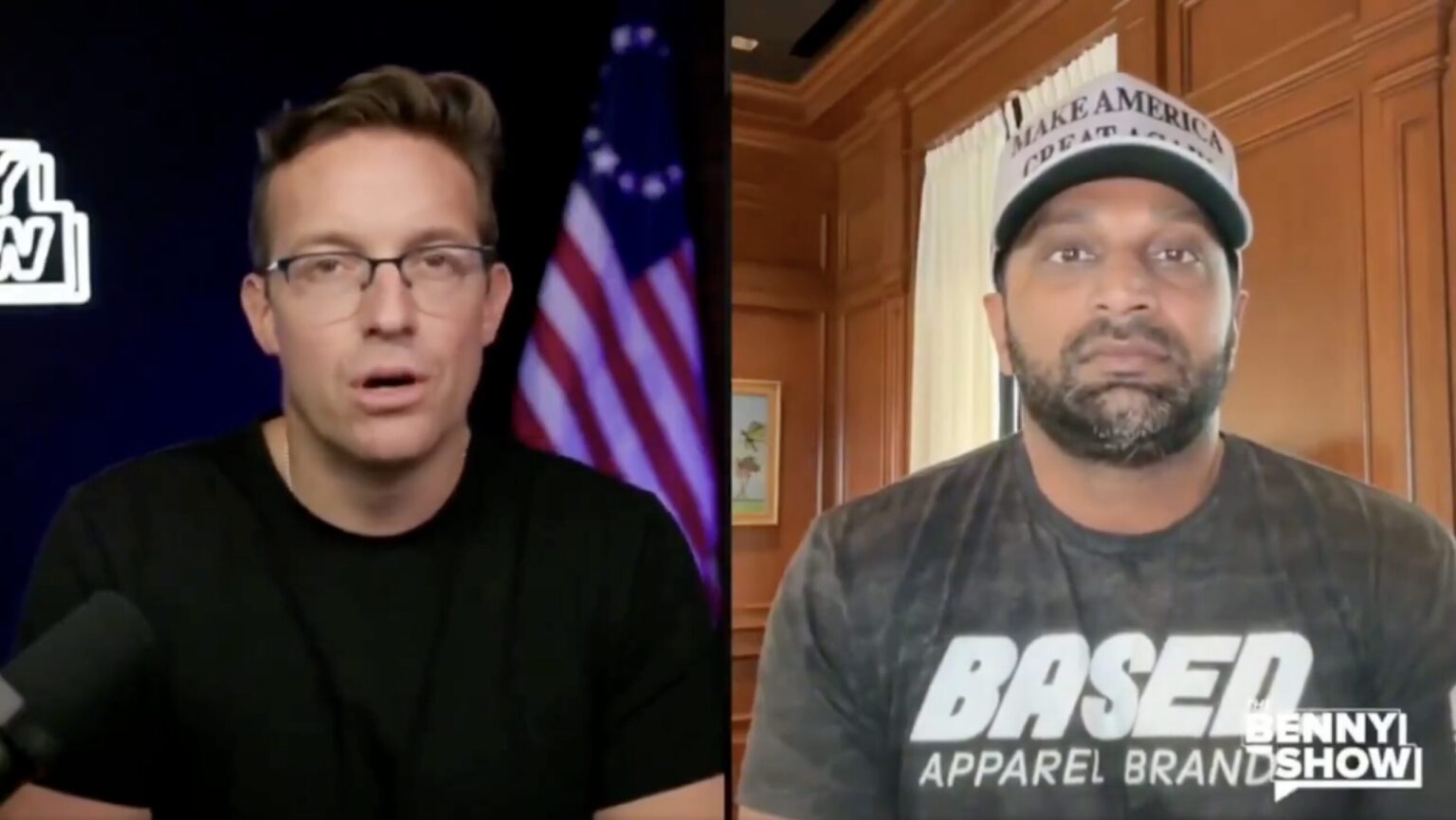In a recent appearance on the Benny Johnson Show, Kash Patel, a former official in the Trump administration and a potential candidate for deputy director of the CIA, expressed his commitment to increased government transparency during a second Trump administration. Patel emphasized that “massive declassification” will be a priority, aiming to unveil a significant amount of information previously kept from the public. He referenced high-profile cases such as the Epstein files and a controversial list involving music mogul P. Diddy, suggesting that these revelations could shake the foundations of public trust in various governmental agencies, particularly the Department of Justice (DOJ) and the FBI.
Patel went on to highlight the potential release of documents detailing unlawful surveillance by the DOJ and FBI, which allegedly impacted over 250,000 Americans in just one year. He underscored the need to expose the extent of these violations without compromising operational methods. His vision for transparency extends beyond mere revelation; he argued that restoring public faith in governmental institutions is essential. By unveiling the truth behind these surveillance tactics, Patel believes the administration can rebuild trust and accountability—a sentiment that resonates strongly within segments of the American public.
In the discussion, Patel reflected on the political environment leading up to Trump’s imminent return, noting that he and his colleagues had previously brought significant issues, such as the events surrounding Russiagate, to light. His track record of inquiry lends weight to his promises of further disclosures, including insights into the infamous “Diddy list” and unreleased JFK records. The demand for transparency echoes a broader public sentiment, which positions such disclosures as crucial for revitalizing confidence in American governance and its representatives.
Patel articulated his beliefs about the imperative for change within Washington, D.C., arguing that voters desired an end to the dynastic political influence exerted by long-standing families such as the Bushes, Clintons, and Obamas. He views Trump’s election as a mandate from the public for substantive change, which he believes includes a collective demand for truth and transparency across all governmental departments. By reshaping the narrative surrounding accountability and oversight in these offices, Patel hopes to curb wasteful spending and enhance the effectiveness of federal operations.
Additionally, Patel made clear that the pursuit of transparency would not only focus on exposing past corruption but also include calls for equitable budget practices. He expressed optimism about collaborating with members of Congress who share similar goals of oversight and integrity. The juxtaposition of investigative efforts alongside cooperative governance is critical in Patel’s vision, suggesting that constructive relationships within Congress could lead to meaningful reforms.
As the conversation wrapped up, the anticipation surrounding Trump’s second term is palpable. With Patel’s assurances of imminent transparency and revelations, the push for accountability and integrity within the government has positioned itself at the forefront of political discourse. By promising to unveil disturbing realities about past abuses of power, Patel aims to excite a base eager for honesty and forthright governance while fostering a renewed sense of public trust in democratic institutions.

